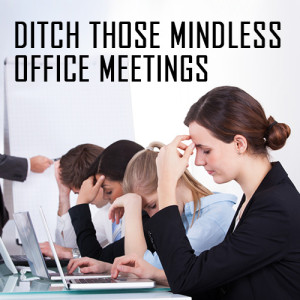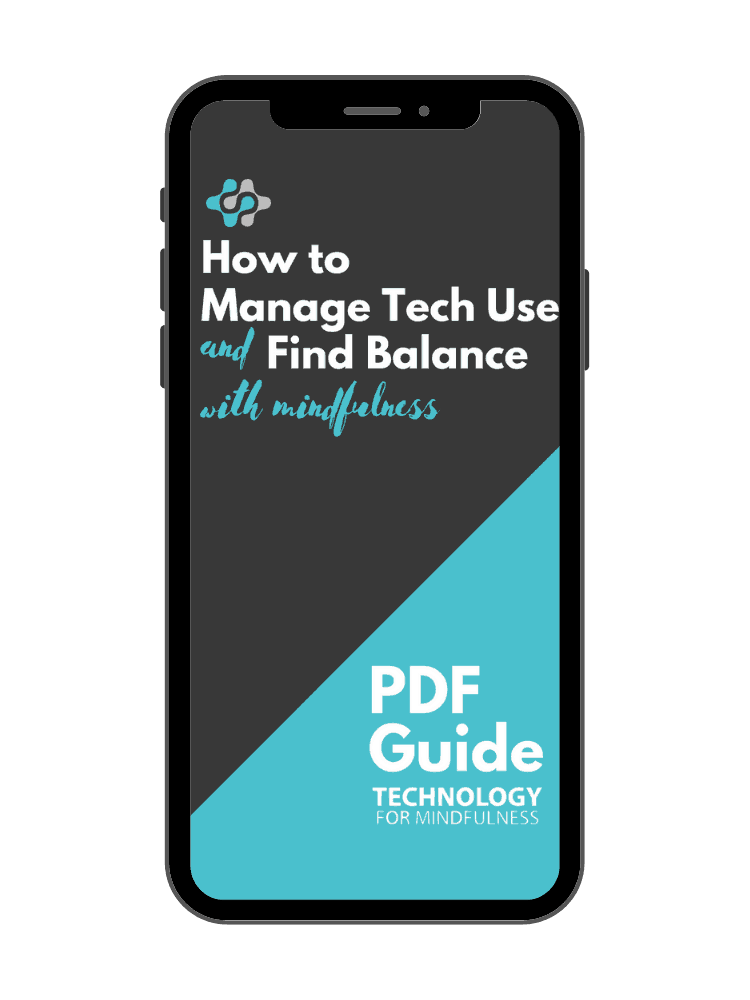A good meeting can energize people, refocus a team, and strengthen interpersonal connections. A bad meeting can suck the energy out of a room and leave everyone feeling frustrated and exhausted. No wonder that corporate meetings are the bane of office workers and are an endless source of humor for comedians and sitcom writers.
Although I won’t pretend to have a magic wand that I can wave to eliminate bad meetings entirely, I can offer a simple trick that you can implement on your computers and smartphones that will improve the quality of your meetings and significantly reduce the amount of time you will spend in meetings where you and the other participants feel like a ship without a rudder:
Set the default duration of all meetings to 15 minutes.
Most calendar software sets the duration of appointments to 30 or even 60 minutes by default. Rare is the meeting that justifies a full hour. Most single-topic meetings, particularly those held by telephone or online, can be handled in 5-10 minutes, meaning that 15 minutes is more than enough.
Although you could set the duration of each meeting manually, based on the amount of time the meeting topic justifies, I guarantee that if your software’s default meeting duration is 30 minutes, you will schedule most of your meetings for 30 minutes. Use the default meeting duration to your advantage and set it now to 15 minutes. That way, whenever you create a new calendar appointment, it will automatically be set for the duration that applies to 90% of the meetings you will attend. If you think you will need more than 15 minutes for a meeting, you will need to manually change the duration of that meeting.
Short meetings don’t need to be rushed or rude. Since, as I mentioned earlier, most single-topic meetings can be handled in 5-10 minutes, 15 minutes still leaves some time for small talk and for people to arrive a minute or two late–although as the “15-minute meeting” habit starts to become ingrained, you will find that people show up late less and less frequently.
Furthermore, there is a mindfulness benefit to a short and focused meeting. Long meetings, particularly those without a clear agenda or where the actual meeting deviates from the scheduled agenda, tend to result in attendees who are distracted and not truly present at the meeting. A short meeting on someone’s calendar sends a message that everyone who attends needs to be focused solely on the meeting during the meeting so that the purpose of the meeting can be accomplished effectively and efficiently.
One final caveat: I only suggest the 15-minute default for business meetings and other meetings where the primary purpose of the meeting is to get something done. If you choose to schedule 15-minute meals with friends and family, don’t hold me responsible for the consequences.


